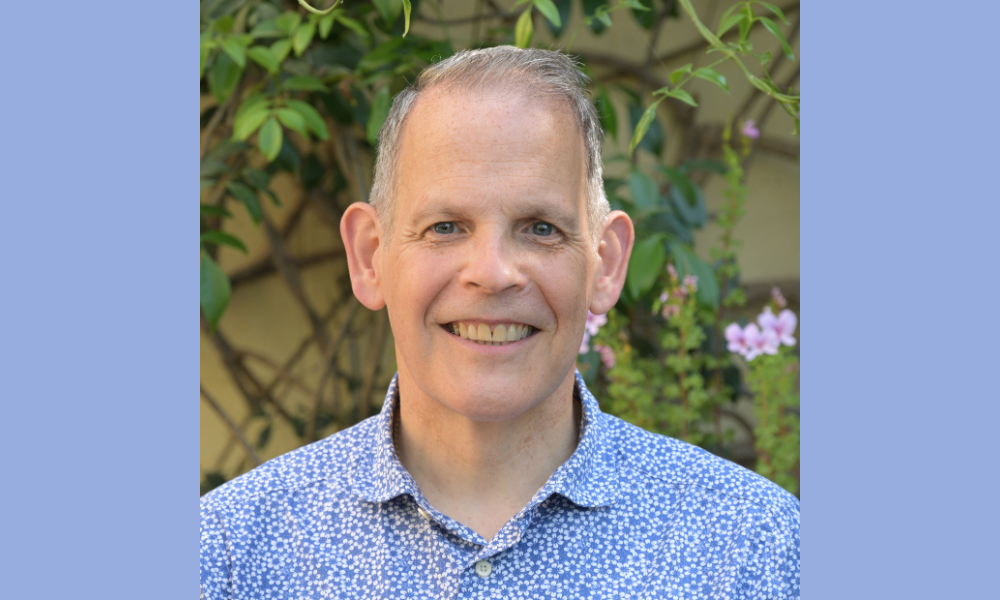Researcher Spotlight: Rodger Caseby
Associated Sprints
Recent News
- From beans to minerals: the new projects getting science into policy
- Hunger on our doorstep
- Place-based working to meet national well-being and sustainability goals

Rodger Caseby is a researcher on the Sprint investigating, “Is Nature a policy solution to mental health in schools?”
My first degree was in Zoology and I then did a PhD in Parasitology before becoming a teacher. I taught Biology, computing and psychology in Oxfordshire secondary schools for over 25 years, becoming a school leader along the way, before moving into Public Engagement within the University’s gardens libraries and museums (GLAM). Here, I have worked with young people and other groups in a range of roles on various projects at the Museum of Natural History, the Bodleian Library and now as Wellbeing Outreach Officer at Oxford Botanic Garden and Arboretum.
My main role in this Sprint has been to interview teachers involved in nature-based programmes for young people and analyse their responses. I also worked on the ethics application for the project and advised the team on working with teachers and the UK school context. I have spent most of my career outside of the university and, as I suspect many people do, I tended to regard it as a single, coordinated and collaborative entity. Of course, it’s not like that at all! Individual departments and teams can work in very different ways in everything from their IT set-up to how they communicate. One of the earliest challenges was that we weren’t familiar with many of the terms used in each other’s disciplines. We had to learn each other’s language before we could communicate effectively among ourselves, let alone with stakeholders! My advice to anyone starting an Agile Sprint would be to take time to understand the language of other disciplines and be prepared to explain the specialist terms and acronyms that are familiar to you but may not be to others in different fields. Doing this early on will save lots of time overall.
I really enjoyed working on the Agile Sprint. I have worked with researchers from various disciplines in my public engagement role but not in such a broad multi-disciplinary team. It was great to work with colleagues from different fields, on such an important area of research, with a focus on rapid outcomes. I felt that I needed to get up to speed rapidly in several areas, including undertaking training in qualitative interviewing, but I found this challenge was invigorating. I also felt that my own experience enabled me to make a worthwhile contribution to others’ understanding. I would definitely do it again. Not only was the experience fulfilling, I also believe that the Sprints provide a model for efficient cooperative working.
I think the main difference between traditional research and Sprint research is that the tight timescale focuses the team on the shaping and producing outputs that focus on the needs of stakeholders. These may be very different from the traditional emphasis on academic papers, so the challenge is to maintain the quality of research, including respect for co-producers and participants, while listening to stakeholders in order to supply pertinent information in a format that best meets their needs. Time spent scheduling workflows early on in the project enabled us to see how we could work more efficiently as a team. Regular communication between those on different work packages also enabled us to respond quickly to requests from the stakeholder. Ultimately, the multi-disciplinary nature of the team enabled us to draw on different domains of information – in education, psychiatry, and economics – and so produce a more complete guidance for the Department of Education.



